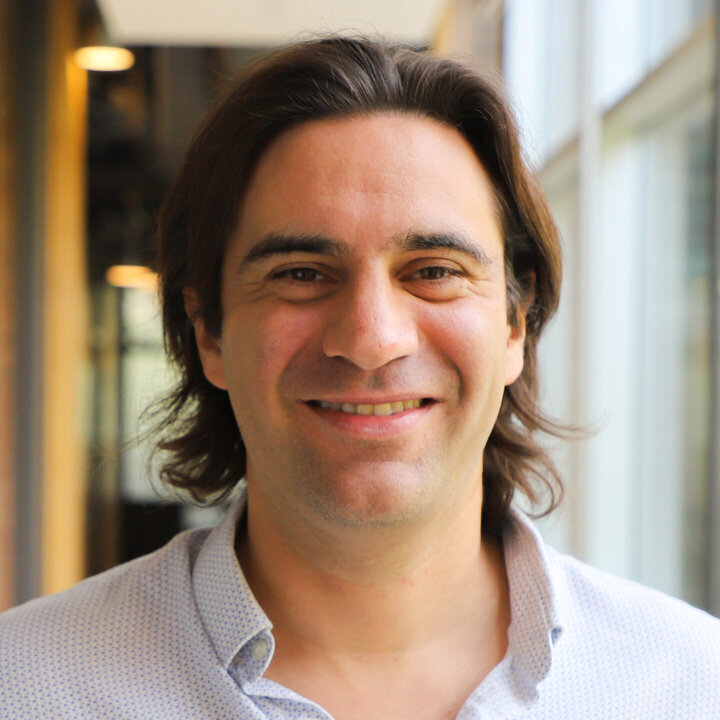
Patricio Grassini
Sunkist Fiesta Bowl Distinguished Professor in Agronomy Agronomy & Horticulture University of Nebraska-Lincoln
Contact
- Address
-
PLSH 387
Lincoln, NE 68583-0915 - Phone
-
402-472-5554 On-campus 2-5554
-
pgrassini2@unl.edu
Meeting demand for food, feed, fiber, and fuel in a world with a population of 9.8 billion people by 2050, without negative environmental impact or unsustainable use of natural resources, is one of the greatest scientific challenges of our time. Sustainable crop intensification on existing cropland area is therefore crucial to meet increasing food demand and relieve the pressure on cropland expansion. My research and extension programs focus on narrowing the existing yield gap between potential yields and current farm yields, while improving resource-use efficiency and producer profit and minimizing environmental footprint. In accomplishing the foregoing, my program leverages from expertise on crop modeling, spatial analysis, big data, and hypothesis-driven field experiments to benchmark productivity and environmental footprint of crop systems and to identify opportunities for improving both. My program aligns with the Institute of Agriculture and Natural Resources (IANR) goals relative to address priority issues facing agriculture and food industries in Nebraska and globally, provide the knowledge base essential for managing our natural resources, promote family well-being and community development, and educate future scientists. My research promoting sustainable crop intensification goes beyond Nebraska and USA, including cropping systems in South America, Sub-Saharan Africa, and South-East Asia. A major on-going project is to develop a Global Yield Gap Atlas that provides estimates of gaps between actual and potential yield for major cropping systems. Another major initiative is a four-year project working with smallholder oil palm farmers in Indonesia. I also lead a project on yield corn forecasting that provides real-time estimates of corn yield potential for the entire US Corn Belt region.
Education
- Ph D, University of Nebraska-Lincoln, 2010
- BS, University of Buenos Aires, 2005